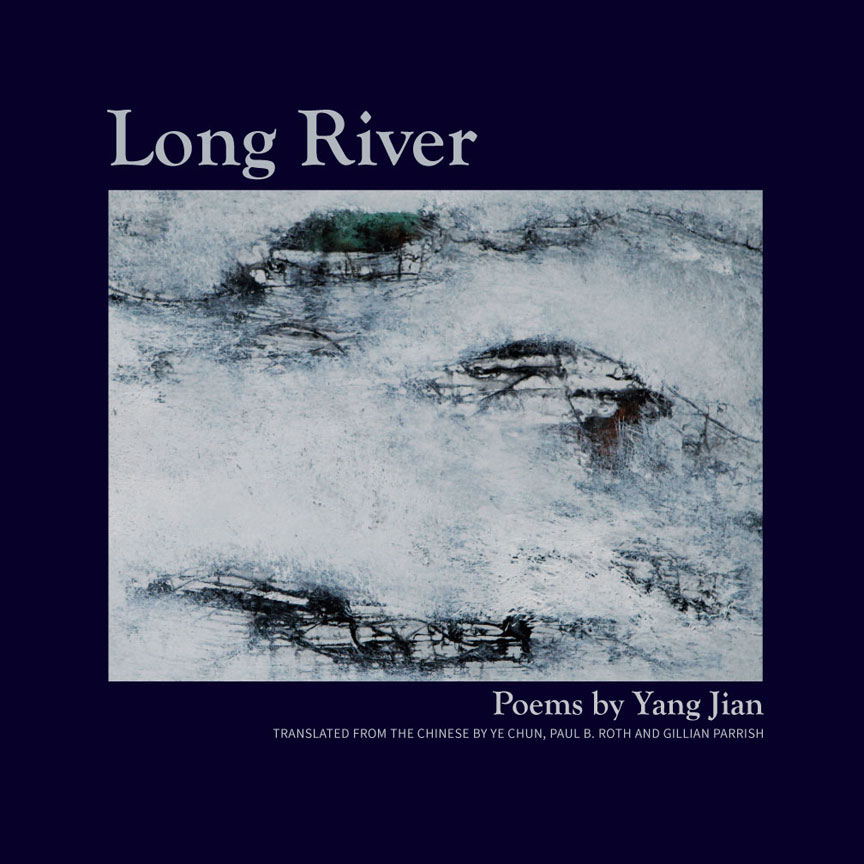"The imagistic power of classical Chinese poems gains a new and distinctively modern form in these poems. And what those images reveal is surpising psychological depths: not just depths of the poet, but also of a tenderly-drawn community of ordinary people struggling through their days. These are uniquely accomplished and beautiful poems."
— David Hinton, author of Desert and The Wilds of Poetry
"As with the best nature writing, Yang Jian’s poetry is about seeing, the practice of being alert and attentive to the particular in the here and now, which for Yang Jian are the blasted rural landscapes of a hyper-industrial China hell-bent on pursuing the Western notion of progress: the fly on the dead man’s lips; the basket of ashes his grandfather rescued from the bonfire of books burned in the cultural revolution; the dead pig in the river that no longer flows through the mountain that is no longer there; the nameless flower on the mountains of garbage on which the poor of so many Chinese cities survive. Yang Jian’s message is often grim, but the language is hard and clear."
— Steve Bradbury
"Yang Jian composes a poetry of slow erosion and quick frosts, of liminal moments that course through and undermine our human-made world’s crude fabrications, clearing the mind for just as long as necessary before its return. 'I need to be more sincere in pain,' he writes, and 'I’m fortunate to be born in a country where sincerity inspires.' In a land where 'Chimneys erupt out of the wheat field' and 'At the foot of the mountain that has been blasted open, / there’s a chunk of old willow, like the corpse of a dragon, / surrounded by scorched grasses' he asks: 'Since the land is a dream, / why look back, why sorrow?' Elsewhere, he reminds us: 'There are hundreds of sealed ancestral temples in your body but you simply ignore them.' So: pay attention. If ever 'You seem to be living a nightmare,' take note: 'Wherever leaves fall, / there is light—'"
— David Perry




